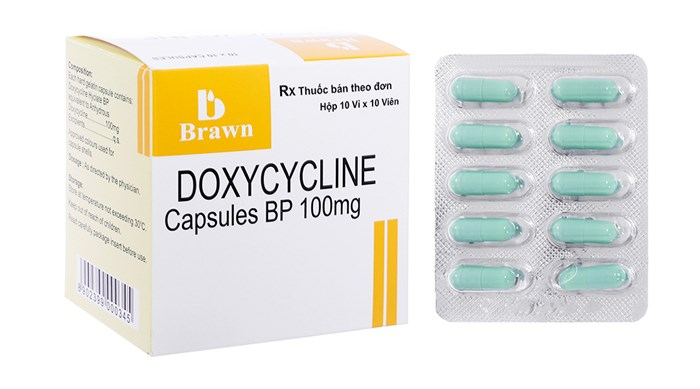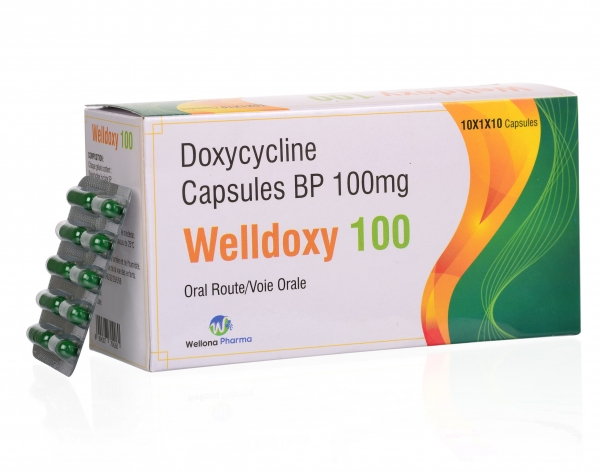Benefits
- Widely effective against a variety of bacteria, including certain gram-negative and positive bacteria, anaerobes, and some parasites (such as Balantidium coli and Entamoeba species).
- May be used to treat a variety of infections, including those that affect the skin, sinuses, genitourinary system, and respiratory tract; some examples include:
- Rickettsiae-group bacterial diseases transmitted by ticks, like Rocky Mountain spotted fever typhoid fever and spot fever
- respiratory tract infections brought induced by Mycoplasma pneumoniae, Streptococcus pneumoniae, or Haemophilus influenzae
- Certain Chlamydia species can cause infections of the eyes or genitourinary system.
- Campylobacter, cholera, chancroid, plague, and brucellosis
- Uncomplicated gonorrhea and syphilis.
- May be used in conjunction with other acne treatments.
- When penicillin is not recommended, an alternative medication may be administered.
- Doxycycline is accessible in generic form.
- Scaling and root planing are frequently combined with subantimicrobial-dose doxycycline (SDD) as a therapy for periodontitis. In a meta-analysis published in 2011, significant differences were seen for all periodontitis clinical parameters evaluated in favor of the scaling and root planing + SDD group, with SDD dosage regimens of 20 mg twice day for three months.
That's all about the second thing to know about Doxycycline.









